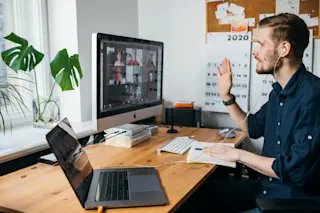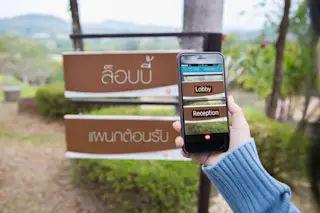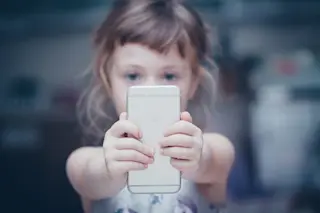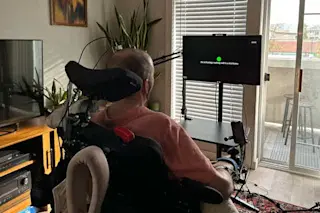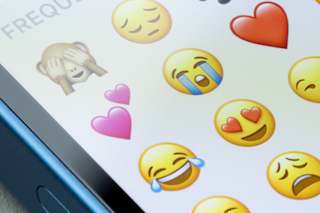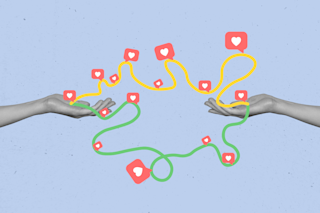Before the pandemic, a casual phone call was becoming a thing of the past. Most people didn’t routinely use video chat, either, even though the technology had been around for years. Those intimate modes of conversation were reserved for distant loved ones — or maybe something formal, like an out-of-state job interview.
But the coronavirus has changed the world overnight. Now, we’re all video chatting — often multiple times a day — and are welcoming colleagues, clients, doctors and acquaintances into our homes. Important life milestones are going virtual — there are Zoom birthday parties, Zoom funerals and Zoom weddings. Generally, the human connection video chat offers seems to provide comfort in these isolated times — if you’re like most people.
Embracing video chat hasn’t been easy for everyone. Our new virtual normal has left some people feeling more awkward than connected. According to Alison Papadakis, director of clinical psychological ...


